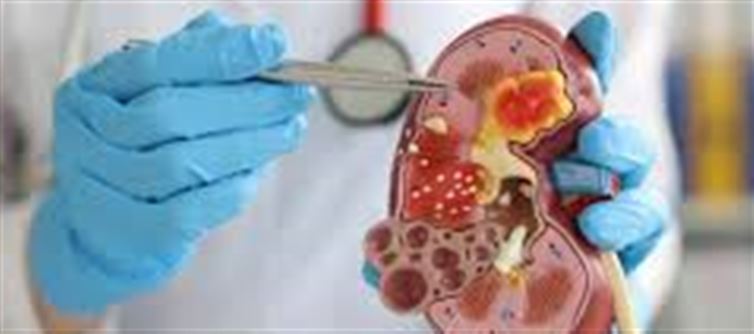
Our kidneys play a crucial role in filtering waste, balancing fluids, and regulating blood pressure. Yet, many common habits can silently harm these vital organs over time. Here are the everyday behaviors that may be quietly affecting your kidney health—and how to avoid them.
1. Ignoring Hydration: Not Drinking Enough Water
Dehydration forces kidneys to work harder to filter blood and remove toxins. Over time, this can increase the risk of kidney stones and chronic kidney disease.
Tip: Drink at least 7–8 glasses of water daily. Include fluids like herbal teas and fresh juices, but limit sugary drinks.
2. Excessive salt Intake
High salt consumption raises blood pressure, putting extra stress on kidneys. Processed foods, pickles, and packaged snacks are often loaded with hidden sodium.
Tip: Reduce salt in cooking, read food labels, and prefer fresh, home-cooked meals.
3. Overuse of Painkillers
Frequent use of NSAIDs (like ibuprofen and aspirin) can damage kidney tissues over time, especially when taken without medical guidance.
Tip: Use painkillers sparingly and consult a doctor if pain persists. Consider natural remedies like warm compresses or physical therapy for chronic pain.
4. Ignoring Urinary Symptoms
Symptoms like burning sensation, frequent urination, or blood in urine can indicate kidney or urinary tract problems. Ignoring these signs may allow conditions to worsen.
Tip: Seek prompt medical attention for any unusual urinary symptoms. Early diagnosis is key to preventing permanent kidney damage.
5. Excessive protein Intake
While protein is essential, overconsumption—especially from supplements—can strain the kidneys. High-protein diets make kidneys work harder to filter nitrogenous wastes.
Tip: Maintain a balanced diet with moderate protein from lean meats, legumes, and dairy, tailored to your body’s needs.
6. Skipping Regular Checkups
Many kidney problems develop silently, without obvious symptoms. Skipping routine health screenings can lead to late detection of kidney disease.
Tip: Get regular blood pressure, blood sugar, and kidney function tests, especially if you have diabetes, hypertension, or a family history of kidney disease.
7. Excessive sugar Consumption
High sugar intake can lead to obesity and diabetes, which are major risk factors for chronic kidney disease. Sugary drinks, sweets, and desserts contribute significantly to this risk.
Tip: Limit added sugars and prioritize fruits, vegetables, and whole grains for natural sweetness and nutrition.
8. Smoking and Alcohol Abuse
Both smoking and excessive alcohol consumption reduce blood flow to the kidneys and damage filtering units, accelerating kidney decline.
Tip: Quit smoking and limit alcohol. Seek support groups or medical advice if needed.
9. Excessive Caffeine
High caffeine intake from coffee, energy drinks, or sodas can increase blood pressure, indirectly straining kidneys over time.
Tip: Consume caffeine in moderation and balance with water intake.
✅ Bottom Line
Healthy kidneys are essential for overall well-being. By staying hydrated, eating a balanced diet, avoiding excessive medications, and monitoring your health, you can protect these vital organs from silent damage. Small lifestyle changes today can prevent serious kidney problems tomorrow.
Disclaimer:
The views and opinions expressed in this article are those of the author and do not necessarily reflect the official policy or position of any agency, organization, employer, or company. All information provided is for general informational purposes only. While every effort has been made to ensure accuracy, we make no representations or warranties of any kind, express or implied, about the completeness, reliability, or suitability of the information contained herein. Readers are advised to verify facts and seek professional advice where necessary. Any reliance placed on such information is strictly at the reader’s own risk.
.jpg)




 click and follow Indiaherald WhatsApp channel
click and follow Indiaherald WhatsApp channel